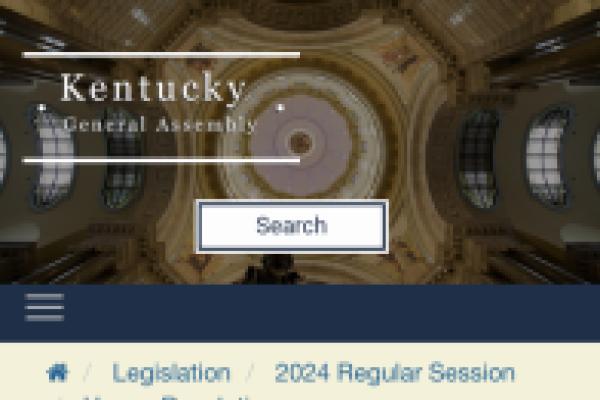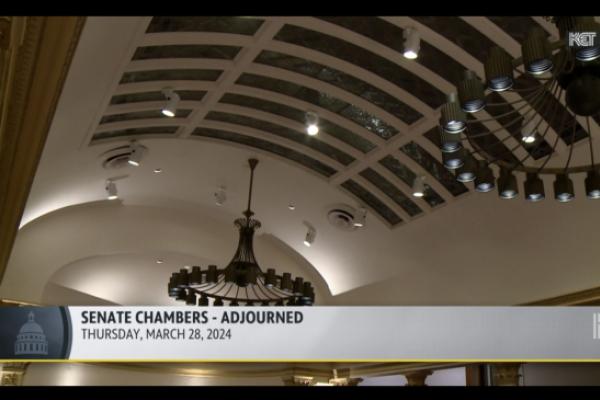Once again, an Ohio township faces legal action following a township board of trustees' decision to employ a particular law firm to handle its legal affairs with no public discussion or vote.
And again there are three (at least) immensely valuable lessons Kentucky can learn from Ohio's mistakes:
1. Public officials are often their own worst enemies.
In this case, a board member posted on Facebook that the board, "never places anything on the [meeting] agenda unless at least two of the [board] members vote and tell the administrator that they approve of the public action."
Admissions "against interest," like this one, are not uncommon. Public officials often disclose violations of the open records and meetings laws in what they say on the record and write on social media.
Watch, read, and listen.
2. "Media coverage of local [and state] government actions is extremely important to ensure that the public knows its right."
Cincinnati's WCPO-9 keeps a close eye on disputes arising under Ohio's open government laws, and in doing so, educates the public about the laws.
This report focuses on one of several lawsuits arising under Ohio's open government laws that are pending in the Cincinnati area.
Here we learn what is proper and improper for closed session discussion under Ohio law, and how shockingly uninformed some public officials are. The members of this board apparently believe it is permissible to secretly vote before an item is ever placed on an agenda for a public vote.
Note: In Kentucky, discussion of employee compensation is not permissible under the open meetings exception for discussions that might lead to "appointment, discipline, or dismissal" of an individual employee, KRS 61.810(1)(f), or any other exception. To this extent, our open government laws differ from Ohio's.
What Ohio's and Kentucky's laws have in common is the frequency with which officials predetermine how they will vote on an issue before a public meeting to give the appearance of unanimity and harmony. So much for "the formation of public policy" being "public business."
A public vote that is preceded by no public discussion should raise red flags.
3. Concerned citizens must hold local (and state) officials accountable for violations of the law.
Public officials who are aware that they are being scrutinized, and who are publicly called out for their violations of open government laws, are less apt to engage in illegal conduct. Those who believe no one is watching or cares are emboldened to engage in flagrant violations of the law.
While not every member of the public can pursue formal legal action against a local or state agency for open government violations, vigilance is a curb on misconduct.
Again, Ohio is not Kentucky, but we share many of the same problems under our open government laws.
.




